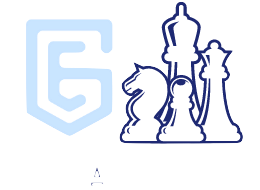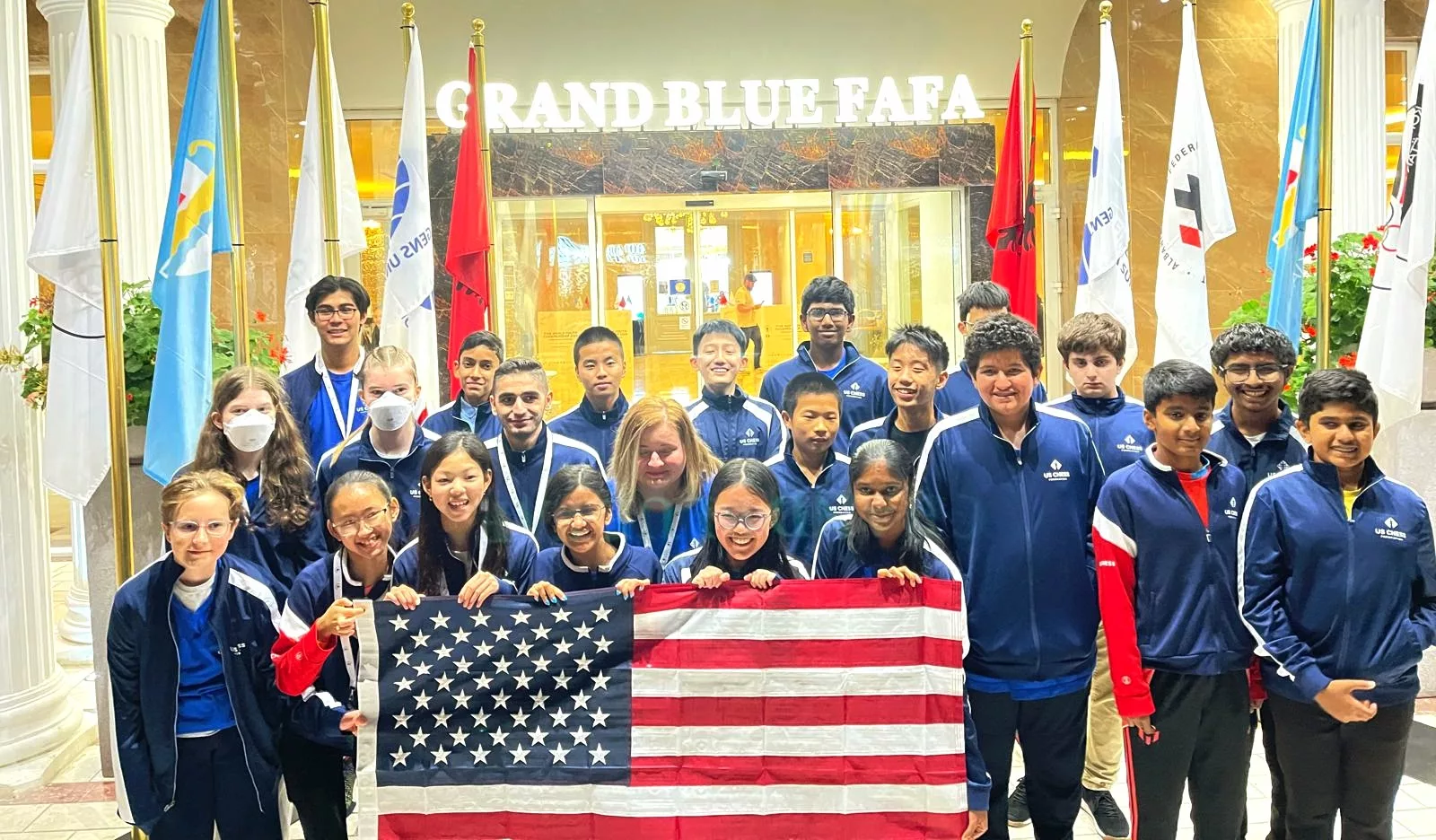The 2025 FIDE World Youth Chess Championship took place from October 4–15 in Durrës, Albania, bringing together 721 players from 83 countries. As one of the most prestigious youth tournaments in the world, the event is known for its challenging 11-round format, compared to the standard 9 rounds in most international competitions.
The list of past champions includes several players who have since become top grandmasters — such as Sarin, Praggnanandhaa, Gukesh, Murzin, Gujarati, Nepomniachtchi, and Duda — making this event a true stepping stone for future stars.
The Road to Albania: Balancing School and Chess
Participating in such a major international event was both exciting and demanding. The tournament took place right in the middle of my school semester, which meant I had to miss two weeks of classes. Thankfully, my school was supportive, but I had to take multiple tests and quizzes early and make up a large amount of work once I returned.
Balancing academics and chess is never easy, but this experience taught me the importance of time management and discipline.
Overcoming the Distance and Cost
Traveling to Albania was no small feat. It was literally on the other side of the world, and the cost of flights and accommodations added up quickly. I was extremely grateful to receive a $1,500 scholarship from the organization Kids for Chess, which helped support me and two other U.S. representatives. Their generosity made it possible for me to compete and gain this once-in-a-lifetime experience.
Competing Among the World’s Best
Representing Team USA was an incredible honor. I played in the Under 14 (U14) section, which featured 149 strong players from across the globe. I began the tournament seeded around 70th, right in the middle of the pack.
My overall performance was not my best result, but still an enriching learning experience. Competing against diverse international players showed me how important it is to adapt to different playing styles, stay focused even during tough moments, and keep pushing forward no matter the outcome.
Making Friends Across the World
One of the most memorable parts of the trip wasn’t just the chess — it was the friendships I made along the way. I met players from Europe, Asia, Africa, and South America, and despite coming from different cultures, we all shared the same passion for chess.
We practiced together between rounds and some of these new friends and I still keep in touch online. That really showed that chess is truly a universal language that connects people across borders.
Representing Southern California
In addition to representing Team USA, I was proud to be one of four players from Southern California. It was inspiring to see familiar faces from our SoCal chess community competing alongside some of the best young players in the world. Each of us brought our own unique strengths and playing styles to the event, and together, we showcased the talent and dedication that Southern California chess is known for. I will post one memorable game from each of the four SoCal players at the end of this article to share and analyze, which highlights the spirit of our experience.
End of the Journey — But Not the End
Although I didn’t achieve a standout result, the experience was incredibly valuable. I learned what it takes to compete on the world stage and realized how much effort players from every country put into reaching this level.
More importantly, I came home not only with better chess skills but also with new friendships and unforgettable memories. This journey inspired me to train harder, think deeper, and aim higher. Representing Team USA was a privilege, and it reminded me why I love chess.
Outside the tournament hall, Durrës offered a unique blend of ancient history and peaceful seaside views, providing much-needed breaks between the intense rounds. However, one funny lesson I learned was that food matters more than I thought during tournaments. The local meals were great at first, but eating the same dishes for nearly two weeks got repetitive quickly. It’s something I’ll definitely plan better for next time!
Games we played

(from left to right: David Gasparyan, Bonnie He, Ashley Lin and Felix Guo)

